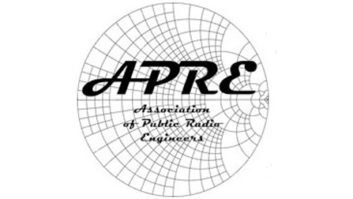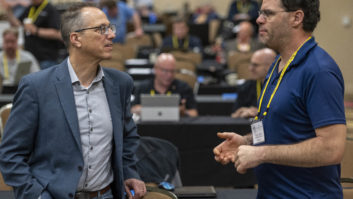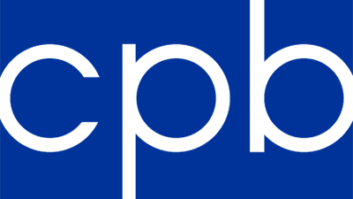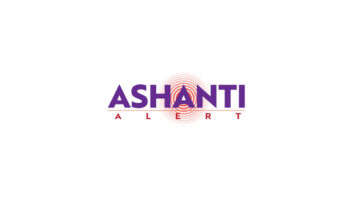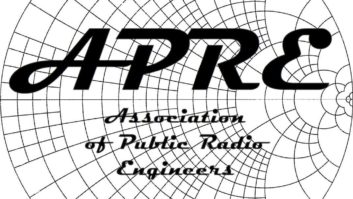The following are excerpts from remarks by FCC Commissioner Michael J. Copps at the Columbia University School of Journalism in New York in December. He offered what he called “a few mostly modest proposals to help media help democracy.”
For traditional media that remains so critical to our news and information: The Federal Communications Commission should conduct a Public Value Test of every broadcast station at relicensing time — which should occur, I believe, every four years in lieu of the slam-dunk, no-questions-asked eight-year renewals we dispense 100 percent of the time now.

iStockphoto/Tzu-Lan Hsieh If a station passes the Public Value Test, it of course keeps the license it has earned to use the people’s airwaves. If not, it goes on probation for a year, renewable for an additional year if it demonstrates measurable progress. If the station fails again, give the license to someone who will use it to serve the public interest.
The FCC’s Public Value Test would include the following:
1) Meaningful Commitments to News and Public Affairs Programming — These would be quantifiable and not involve issues of content interference.
Increasing the human and financial resources going into news would be one way to benchmark progress. Producing more local civic affairs programming would be another.
Our current children’s programming requirements — the one remnant of public interest requirements still on the books — helped enhance kids’ programming. Now it is time to put news and information front-and-center. At election time, there should be heightened expectations for debates and issues-oriented programming. Those stations attaining certain benchmarks of progress could qualify for expedited handling of their license renewals.
This requirement would have, by the way, important spill-over effects in a media environment where many newspapers are owned by broadcast stations — although such cross-ownership is something I hope the commission will put the brakes on.
2) Enhanced Disclosure — Requiring information about what programs a station airs allows viewers to judge whether their local station should be subsidized with free spectrum privileges. It opens a window on a station’s performance.
Right now the information we require on a station’s public file is laughable and, believe it or not, the FCC generally does not even look at these files at relicensing time. The public, too, has a right to easy access to this information so that its input counts at relicensing time. And citizens should be able to see the files on the Internet without spending a day tracking down and traipsing to the studio to go through the time-consuming and awkward motions of requesting and reviewing it.
An enhanced disclosure proceeding has been before the commission for two years. It may require some minor reworking but there is no reason not to complete this proceeding in the next 90 days.
3) Political Advertising Disclosure — When the accounting is completed, we will likely find that nearly $3 billion was spent on media advertising in the recent campaign cycle.
We the People have no idea who really paid for this political carpet-bombing. But we the people have a right to know who is bank-rolling these ads beyond some wholly uninformative and vapidly-named group that appears on the bottom of the screen to mask the special interests it really represents. Both sides of the political spectrum are guilty of undemocratic sin here.
The FCC worries, legitimately, about the dangers of placing a bottle of Coke or a tube of toothpaste on an entertainment program without disclosing who paid for the product’s placement. Shouldn’t we be even more concerned when unidentified groups with off-the-screen agendas attempt to buy election outcomes?
I propose that the FCC quickly determine the extent of its current authority to compel release of what interests are paying for this flood of anonymous political advertising — and if we lack the tools we need to compel disclosure, let’s go ask for them.
4) Reflecting Diversity — This is not the place for a disquisition on how poorly America’s minorities, women and other diversity groups are faring on our broadcast media. The fact that people of color own only about 3.6 percent of full-power commercial television stations pretty much documents the shortfall. Diversity goes to how groups are depicted in the media — too often stereotyped and caricatured — and to what roles minorities and women have in owning and managing media companies.
The FCC’s Diversity Advisory Committee has spent years providing us with specific, targeted recommendations to correct this injustice. How sad it is that most of these recommendations have not been put to a commission vote. It is time to right this awful wrong.
5) Community Discovery — The FCC, back when stations were locally-owned and the license holder walked the town’s streets every day, required licensees to meet occasionally with their viewers and listeners to see if the programs being offered reflected the diverse interests and needs of the community.
Nowadays, when stations are so often owned by mega companies and absentee owners hundreds or even thousands of miles away — frequently by private equity firms totally unschooled in public interest media — we no longer ask licensees to take the public pulse. Diversity of programming suffers, minorities are ignored and local self-expression becomes the exception.
Here’s some good news: Community discovery would not be difficult to do in this Internet age, when technology can so easily facilitate dialogue.
6) Local and Independent Programming — The goal here is more localism in our program diet, more local news and information, and a lot less streamed-in homogenization and monotonous nationalized music at the expense of local and regional talent. Homogenized music and entertainment from huge conglomerates constrains creativity, suppresses local talent, and detracts from the great tapestry of our nation’s cultural diversity. We should be working toward a solution wherein a certain percentage of prime-time programming — I have suggested 25 percent — is locally or independently-produced. Public service announcements should also be more localized and more of them aired in prime time, too. And PEG channels — public, educational and government programming — deserve first-class treatment if we are to have a first class media.
7) Public Safety — Every station, as a condition of license, must have a detailed, approved plan to go immediately on-air when disaster — nature-made or man-made — strikes. Stations, like government, have a solemn duty to protect the safety of the people. Preferably a station should be always staffed; if there are times when that is not possible, perhaps there are technology tools now that can fill in the gap and make the coverage instantaneous. …
In the longer term, the commission and Congress will need to examine rules governing the structure of media ownership and perhaps other parts of our enabling telecommunications statute. …
Some will say that attempting to repair commercial broadcasting is a fool’s errand. “Licensees will never agree,” I am told, “so why not just hit them with a spectrum fee and put that money toward public news and media?”
That has its temptations, I admit, but it also requires an act of Congress — and that’s not the likeliest of outcomes just now. It further demands that if Congress would ever impose such fees — over strong industry objections, of course — that it must then direct the monies collected to broadcast purposes rather than to, say, reducing the deficit, building an interoperable broadband public safety network, or — even though we’re told they are history — earmarking for various and sundry purposes. I would hesitate to predict that outcome!
Copps went on to suggest steps regarding new media, including a guarantee of “Internet freedom,” encouragement of broadband competition and a push for “digital literacy.” Read the full text of Copps’ remarks in PDF form at http://tinyurl.com/rwcopps.
Comment on this or any story. E-mail to [email protected].





